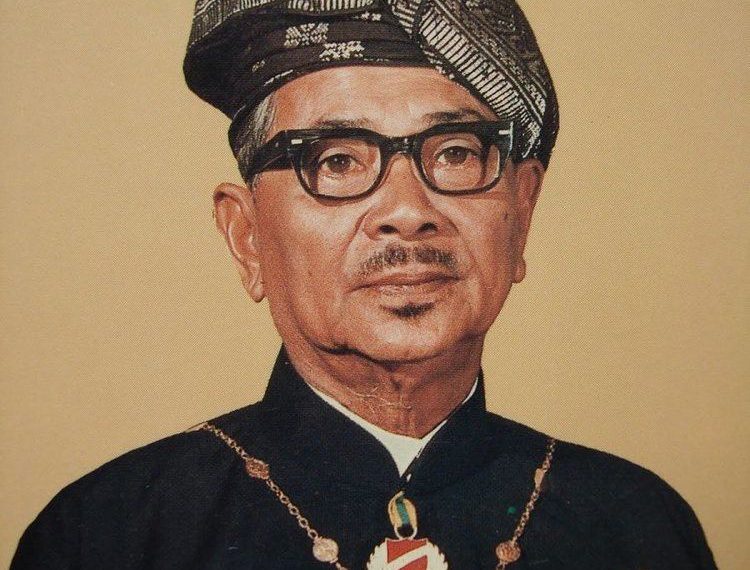The founding father of Malaysia, Mr Tunku Abdul Rahman saw the border war as a struggle between communism and democracy. According to him, Chinese aggression towards a large democracy like India was an exercise in humiliating India. The humiliation was meant to serve as a lesson for other Asian countries.
In wake of the 1962 Sino-Indian war, the lack of proactive support from the Afro-Asian block put a question mark on Nehru’s pet project of Non-Alignment for its failure to serve the national interest. The few voices of explicit support, however, included that of the Malaysian Prime Minister, Tunku Abdul Rahman. The founding father of Malaysia, Mr Rahman saw the border war as a struggle between communism and democracy. According to him, Chinese aggression towards a large democracy like India was an exercise in humiliating India. The humiliation was meant to serve as a lesson for other Asian countries. Recognising the threat of communist advancement in Asia, Mr Rahman explicitly linked the fate of Malaysia’s democracy with that of India. He also took the initiative to set up a wartime donation fund to aid India in the war effort.
Produced below is the November 10, 1962, radio speech that Mr Rahman delivered over Radio Malaya and was republished in the Freedom First magazine.
When I was in India, the border trouble blew up and it caught the Indian Government and the Indian people by surprise. They never thought that Communist China, whose cause they have been championing in the United Nations from time to time, and whose occupation of Tibet they have tolerated without a murmur of disapproval, should have turned against them without a word of warning and without rhyme or reason. To me, it came as no surprise. I told my Indian friends when I was there that Malaya had 12 years of emergency because of the acts of terrorism by the communists. After the first election, even before we were independent, I met the communist leader, Chin Peng, and pleaded with him to give up the struggle as we were approaching independence. He agreed to stop all hostilities as soon as Malaya gained independence from the British and as soon as my appointment as Chief Minister turned to Prime Minister. He tried to convince me that he was fighting not against the Malayan people but against the British to end colonialism and bring freedom to the Malayan people. I myself metaphorically speaking, saw him safely into the jungle, and gave a tacit order that in no circumstances should Chin Peng be hurt and if he were captured his life would be spared as I admired his honesty and sincerity. It was through him I learnt that communism will tolerate no other ideology or “ism”. I told him before we parted that his ideology and mine did not agree as I believe in a democracy which means complete freedom. Between us, there could be no pact, either he triumphed, and I was vanquished or more likely than not, he would be vanquished, and I would triumph as I was sure the Malayan people were with me.
The original text can be accessed here.
IndianLiberals.in is an online library of all Indian liberal writings, lectures and other materials in English and other Indian regional languages. The material that has been collected so far contains liberal commentary dating from the early 19th century till the present. The portal helps preserve an often unknown but very rich Indian liberal tradition and explain the relevance of the writings in today’s context.
Read more: Road For LGBTQ+ Community In India Is Long And Uphill

